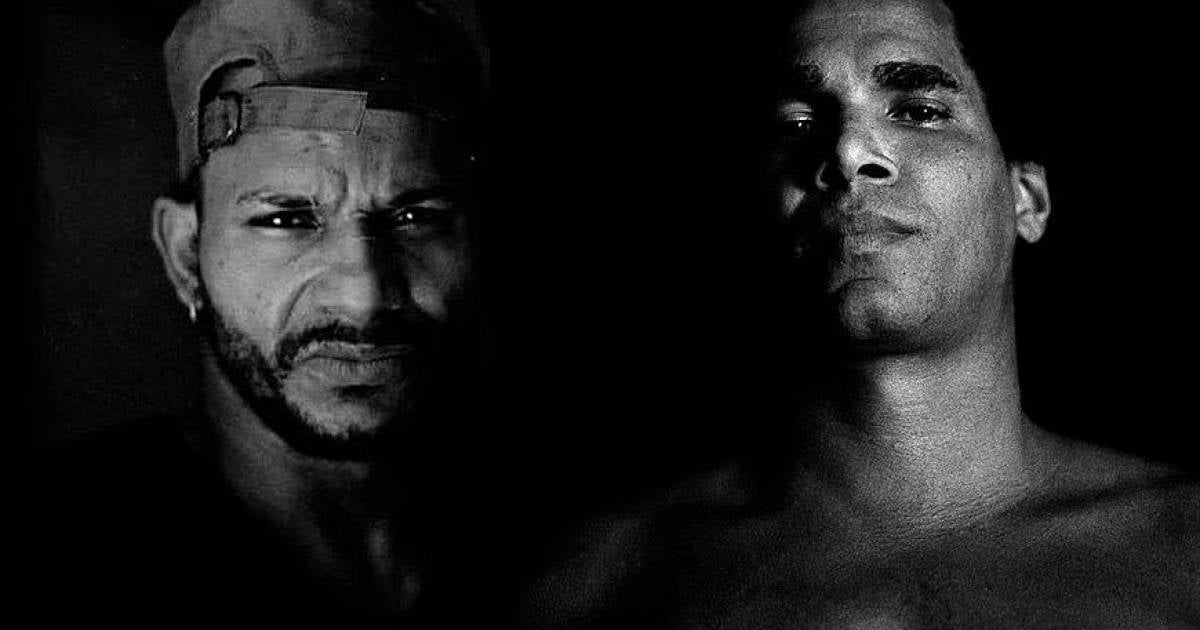
Related videos:
The organization Amnesty International (AI) condemned the actions of the Cuban regime in the release process of 553 prisoners, announced following a agreement between Washington and Havana, mediated by the Vatican, and revealed in the final days of Joe Biden's administration.
A month after the announcements of the releases, hundreds of people remain in prison for exercising their human rights. We demand their immediate and unconditional release, the group posted on the social network X.
Ana Piquer, director for the Americas at AI, condemned the "irregularities" and the "lack of transparency" from Cuban authorities. "They have not acknowledged the existence of individuals detained for political reasons" nor have they "published a list of names of those who will be included in this process," the agency EFE mentioned on the matter.
Piquer also denounced that the island's government has shown no willingness to guarantee "immediate and unconditional freedom" for prisoners of conscience - as defined by AI - such as Luis Manuel Otero Alcántara, Maykel Castillo (Osorbo), Loreto Hernández, Roberto Pérez Fonseca, or Saylí Navarro.
An opaque and politicized process
The announcement of the releases came after the decision by the United States to remove Cuba from the list of countries that sponsor terrorism, a measure taken by Biden before leaving office. However, Havana has never officially linked the terrorist list to the releases, although Washington has suggested a connection between the two actions.
Since January 21, a day after the current U.S. President, Donald Trump, reinstated Cuba on the list, no new releases have been recorded.
AI fears that Trump's decision may have interrupted the process and warns about the "possible cancellation or pause" of the releases, which would demonstrate that "political prisoners have once again been used in a dehumanizing manner, as bargaining chips in a political game."
Balance of the releases from prison
As of now, according to Amnesty International, a total of 172 prisoners have been released and another nine have received changes to their sentences. Among those benefited are historical dissidents such as Félix Navarro and José Daniel Ferrer, as well as activists like Pedro Albert Sánchez, Luis Robles, and the Lady in White Tania Echeverría.
However, numerous prisoners deemed political remain incarcerated, including internationally recognized figures such as the artists and activists Luis Manuel Otero Alcántara and Maykel Osorbo.
The organization reiterated its demand to the communist government of Miguel Díaz-Canel to immediately and unconditionally release all individuals imprisoned for exercising their human rights and denounced that the regime continues to suppress any form of dissent in the country.
Frequently Asked Questions about the Situation of Political Prisoners in Cuba
What has been Amnesty International's position on political prisoners in Cuba?
Amnesty International has denounced the use of political prisoners as "bargaining chips" by the Cuban regime and has called for their immediate and unconditional release. The organization has pointed out the lack of transparency in the release process and the ongoing repression of dissent in Cuba.
What is the relationship between the release of prisoners in Cuba and the list of countries sponsoring terrorism?
The release of prisoners in Cuba coincided with Joe Biden's decision to remove Cuba from the list of state sponsors of terrorism. Although the Cuban regime has not officially linked both actions, there have been implications that the releases are connected to the United States' decision to modify its policy towards the island.
How many prisoners have been released as part of the agreement between Cuba and the Vatican?
As of now, according to Amnesty International, 172 prisoners have been released and another nine have had their sentences modified. However, a large number of individuals deemed political prisoners remain in detention.
What has happened with the releases after Cuba was returned to the list of state sponsors of terrorism?
Since Cuba's re-inclusion on the list of state sponsors of terrorism by Donald Trump, releases have been halted or slowed down. This has raised concerns about the cancellation or suspension of the political prisoner release process.
Filed under: